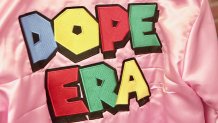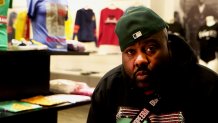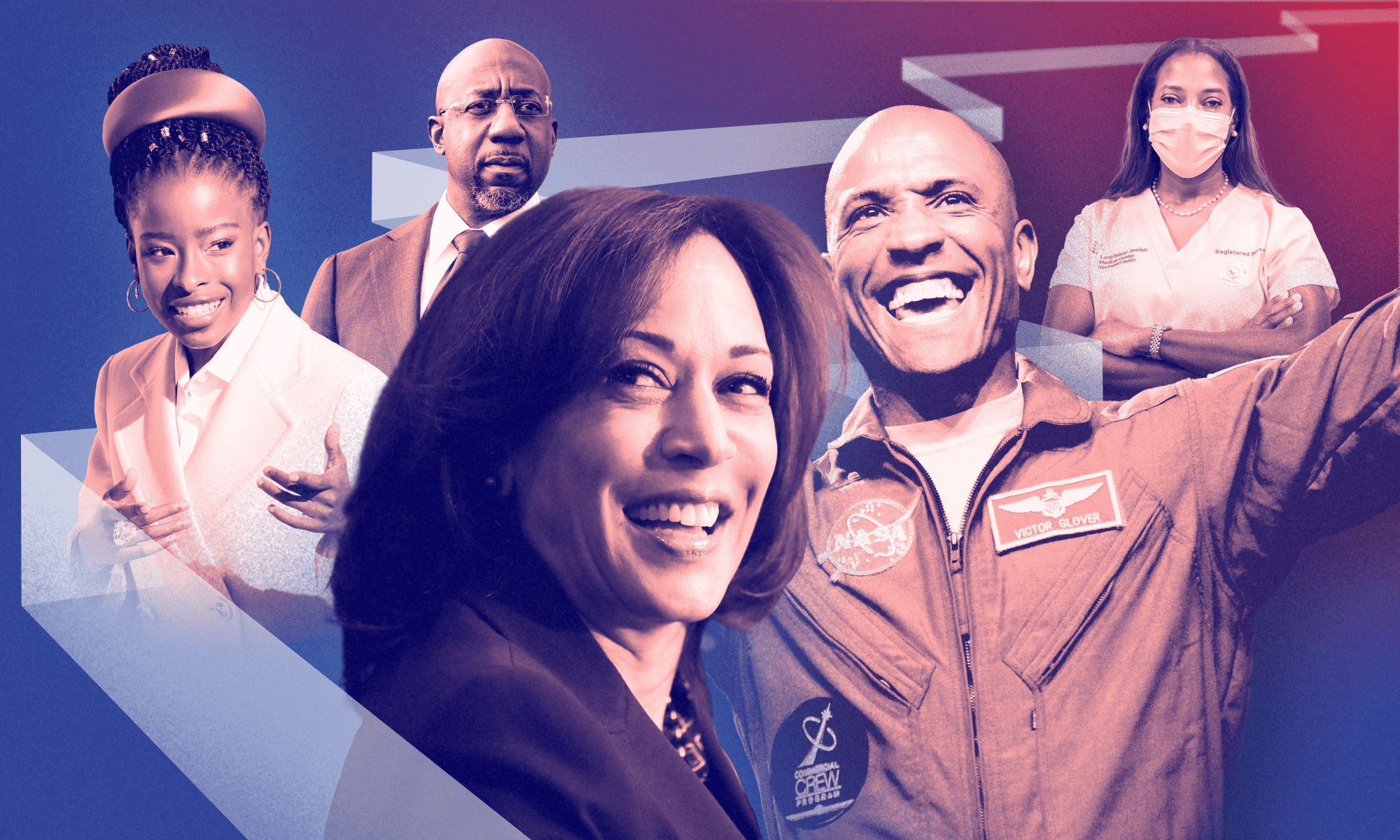When Stanley Cox, aka Mistah F.A.B., strolls into his Oakland clothing shop Dope Era on Broadway, you can sense his presence looming before alighting on the recognition that this is indeed the rap legend himself — strolling into his own clothing store — ready to get to work.
And when he begins barking orders to his staff, meticulously folding shirts emblazoned with the Dope Era logo and inspecting the state of things. It's apparent the shop isn't some side hustle. It's indeed his thing!
"To be on Broadway and have a clothing store that’s only your brand, sometimes you just got to pat yourself on the back," Cox opined on a recent day.
The rap world was already long patting Cox on the back, crediting him with helping to ignite the Bay Area's Hyphy movement in the early 2000s when, in the most humble of brand launches, he began selling his own line of shirts out of the trunk of his car, riding his musical street cred into various Oakland's communities to peddle his self-designed wares.
Each day he'd pick up a rental car, load its trunk with shirts and sweatshirts, and hit the pavement.
"I really didn’t have a vision," Cox said. "I just had some ideas and I wanted people to be fond of the ideas like I was."

These days, his brand — with its nods to '80s cultural references — draws legions of fans to his brick-and-mortar store on Oakland's Broadway, including celebrities like Snoop Dogg and the Golden State Warriors' Draymond Green. Customers are often surprised to find out the guy folding shirts and ringing them up is Mistah F.A.B. himself.
The clothing is eye-bogglingly colorful — some bearing images of '80s icons like Super Mario, a Monopoly board or a Nintendo game. Cox said the imagery is a nod to his childhood in the '80s — only the cheery colors in his world view reference a difficult childhood growing up in Oakland's rough and tumble streets.
"We felt like we knew Mario, like that was our friend. He saved us," Cox said, noting his parents were struggling with drug addiction during his teenage years. "The only thing that was really a safe haven, or a safety code for us was a Nintendo game."
The articles of clothing hanging in Dope Era are flanked by artwork in every corner, much of it given to Cox by fans. Sprinkled among the art are images of George Floyd, whose death last May touched off a nationwide reflection over racial inequality.
For Cox, an outspoken activist, the death of Floyd wasn't a shape-shifting cataclysmic event — it was yet another shape-shifting cataclysmic event.
"Growing up in Oakland, we experienced many George Floyds before George Floyd," he said. "We’ve witnessed police brutality at the highest form of brutalizing the people and the public."

Cox has not only spoken out about racial inequality, he's used his celebrity to try and confront its impacts, sponsoring youth backpack giveaways, toy drives, and numerous events to feed the community.
"Our first event was 50 people. We’re servicing thousands of people now," said Cox' sister Theresa Anderson. "So, that says a lot to his character and how much he has put in."
Cox said in his view, his philanthropic ventures are now more important than the clothing or even the music, coming in a close second to parenting. It's the fulfillment of a pledge he made to himself back when he was still just Stanley Cox.
"I made a vow to myself and to my family: If I was ever in a position to help lighten the load, then I would do it in all my powers," Cox said.
As Cox breezes through the shop, pointing out a T-shirt that reads "I love Black designers," or another that says "If it's major, hit me on my pager," he lands on a shirt that says "My first band" with a picture of a couple bundles of 500 in Monopoly money — the band being a band of cash. Cox said the shirt is a tribute to his grandfather.
"He would say this: 'If you can be successful at Monopoly, you can be successful at life,'" Cox said.
Cox grinned as he let the thought wash over him — a simple, yet deep life lesson embedded in a board game.
"What did you do with your first band?" he asked rhetorically in a rising preacher's voice. "Did you buy Park Place or Boardwalk? Got to ask yourself. First band baby."



